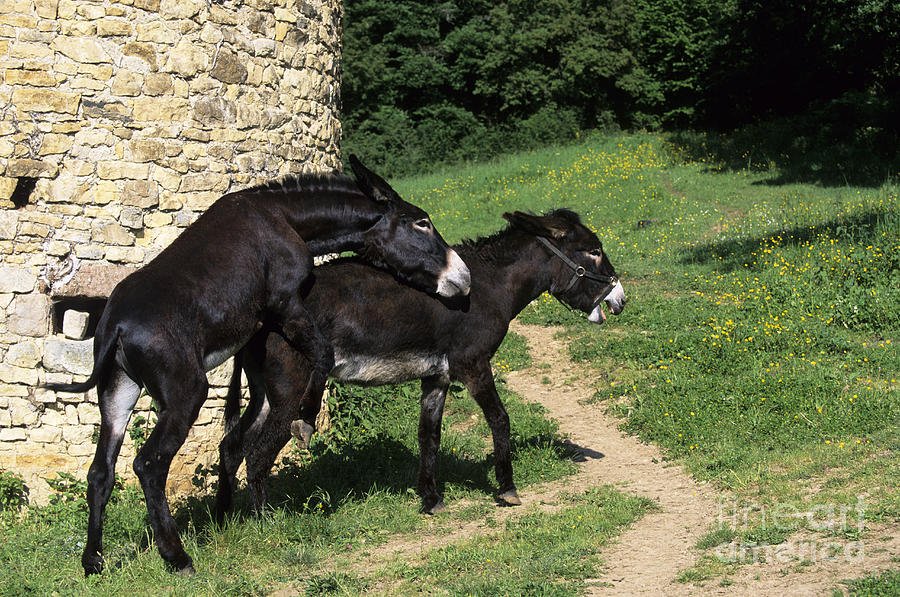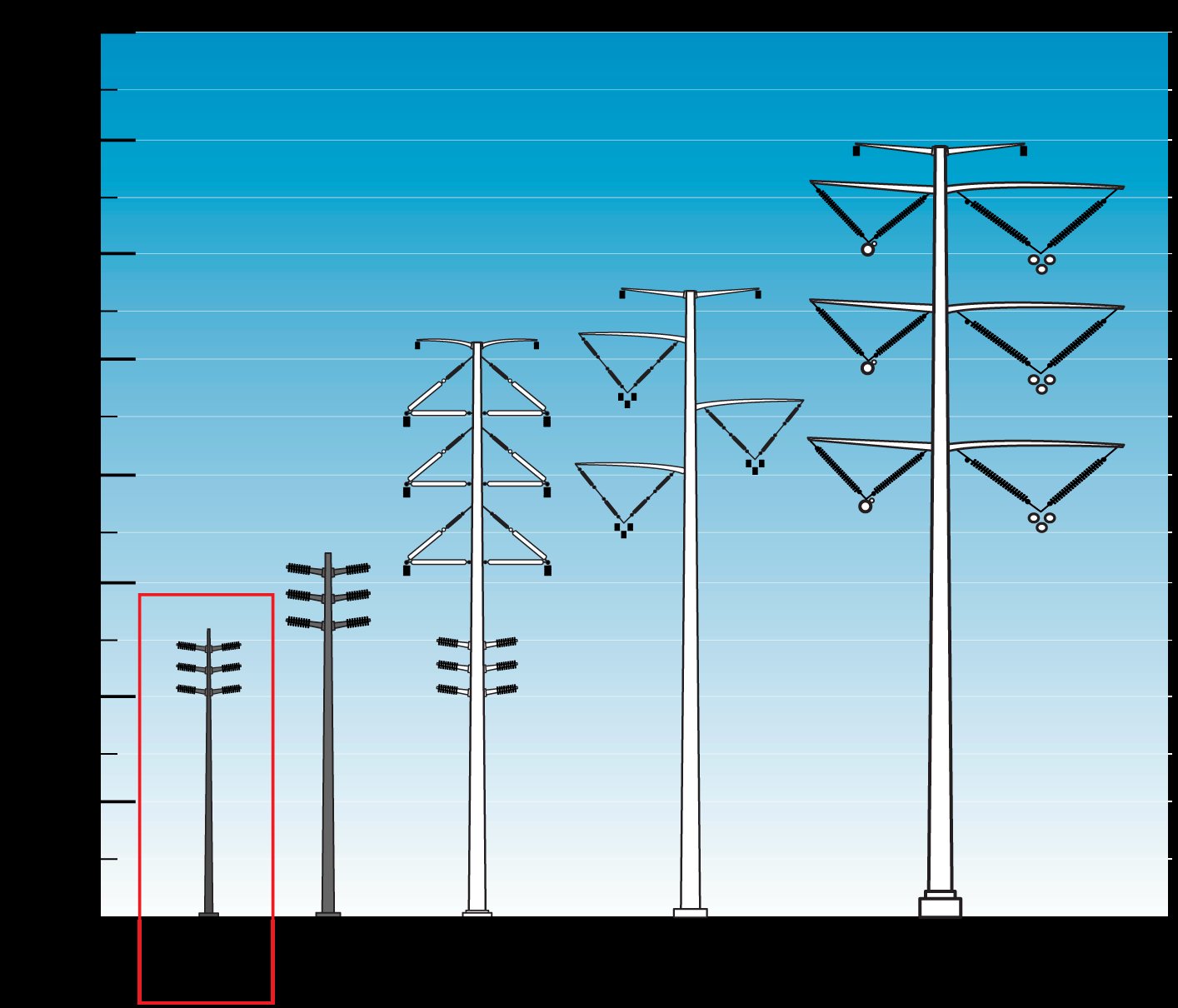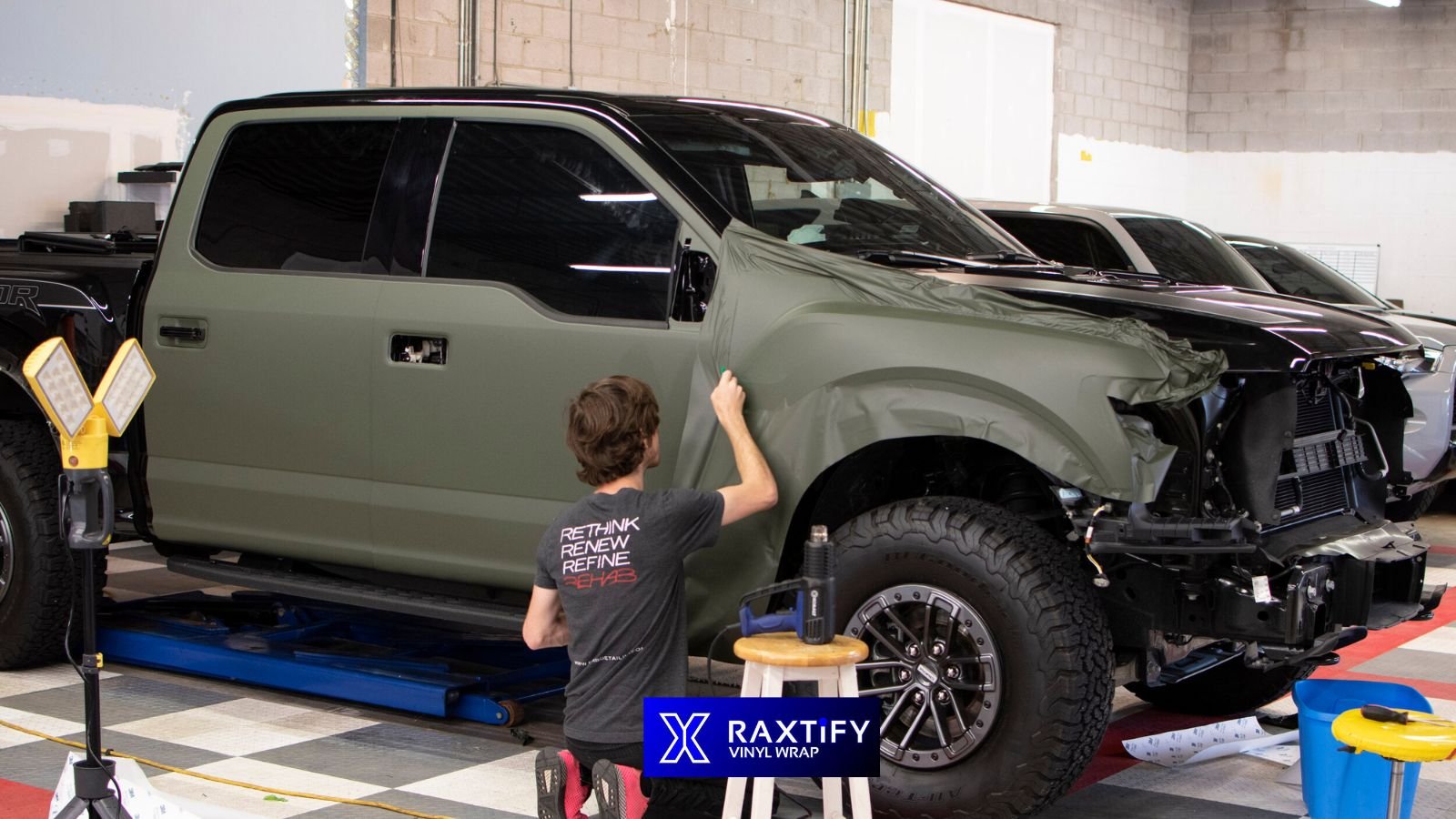How are donkeys bred? Breeding donkeys is a fascinating process that involves careful selection of suitable mates. Donkey breeding begins with assessing the physical and genetic traits of the potential pair. Once compatible donkeys are chosen, natural mating or artificial insemination can be utilized. The gestation period for donkeys lasts about 12 months, resulting in the birth of a healthy foal. Learn more about the intricacies of how are donkeys bred in this detailed guide.
How Are Donkeys Bred: Exploring the Fascinating World of Donkey Reproduction
If you’ve ever wondered about how donkeys are bred, you’re in the right place! Donkeys, known for their gentle nature and hardworking attitude, have an interesting breeding process that involves careful planning and consideration. In this article, we will delve into the world of donkey reproduction, exploring the various aspects of how donkeys are bred.
The Basics of Donkey Reproduction
Donkeys, scientifically known as Equus africanus asinus, are close relatives of horses and zebras. They have a unique reproductive system that allows them to reproduce and produce offspring known as foals. Donkeys typically reach sexual maturity between 1.5 to 2 years of age, at which point they are ready for breeding.
Mating Behavior of Donkeys
Donkeys are seasonal breeders, with the peak breeding season typically occurring in the spring and fall. During this time, male donkeys, known as jacks, exhibit behaviors such as increased vocalizations and heightened aggression as they compete for the attention of female donkeys, referred to as jennies.
When a jack successfully attracts a jenny, mating occurs through a process known as copulation. The male donkey mounts the female from behind, and mating takes place, leading to fertilization of the jenny’s eggs by the jack’s sperm.
Gestation Period and Birth
After successful mating, the jenny undergoes a gestation period of around 11 to 14 months, with an average of about 12 months. During this time, the jenny’s body goes through various changes as the foal develops in her womb.
When the gestation period is complete, the jenny gives birth to a single foal, although twin births are rare in donkeys. The foal, also known as a donkey colt or filly, is typically born with a fully developed coat and the ability to stand and walk shortly after birth.
Breeding Practices and Considerations
Breeding donkeys requires careful consideration and adherence to certain practices to ensure the health and well-being of both the parents and the offspring. Here are some key factors to keep in mind when breeding donkeys:
Genetic Considerations
When breeding donkeys, it is essential to consider the genetic background of the parents to avoid undesirable traits or hereditary conditions. Breeders often look for healthy jacks and jennies with desirable characteristics such as good conformation, temperament, and work ethic.
Health and Nutrition
Proper nutrition and healthcare are crucial aspects of successful donkey breeding. Both the male and female donkeys should be in good health before breeding to ensure successful reproduction and a healthy foal. Balanced diets rich in nutrients are essential for maintaining the overall well-being of the breeding pair.
Environmental Factors
Creating a suitable breeding environment is important for the successful reproduction of donkeys. Adequate shelter, space, and facilities should be provided to ensure the comfort and safety of the breeding pair. Access to clean water, nutritious forage, and appropriate exercise are also essential for donkey breeding success.
Challenges in Donkey Breeding
While donkey breeding can be a rewarding experience, it also comes with its own set of challenges. From reproductive issues to health complications, breeders may face various obstacles when breeding donkeys. Some common challenges in donkey breeding include:
Infertility
Infertility can be a significant challenge in donkey breeding, affecting either the male or female donkey or both. Causes of infertility in donkeys may include age, genetic factors, nutritional deficiencies, or underlying health conditions. Addressing infertility issues often requires veterinary consultation and specialized care.
Reproductive Disorders
Reproductive disorders, such as uterine infections or hormonal imbalances, can impact the breeding success of donkeys. These disorders may manifest as irregular estrous cycles, difficulties in conceiving, or pregnancy complications. Timely diagnosis and treatment of reproductive disorders are essential for ensuring successful breeding outcomes.
Inbreeding Risks
Inbreeding, the mating of closely related individuals, poses risks to the health and genetic diversity of donkeys. Continued inbreeding can lead to the expression of deleterious genetic traits and reduced overall fitness in the offspring. Breeders must practice responsible breeding techniques to minimize the risks associated with inbreeding.
In conclusion, donkey breeding is a fascinating process that involves careful planning, consideration of genetic factors, and attention to the health and well-being of the breeding pair. By understanding the basics of donkey reproduction, including mating behaviors, gestation periods, and breeding practices, breeders can enhance their knowledge and ensure successful outcomes in donkey breeding.
Whether you’re a seasoned breeder or simply curious about the world of donkey reproduction, exploring the intricacies of how donkeys are bred can offer valuable insights into these remarkable animals. By embracing best practices, addressing challenges proactively, and prioritizing the welfare of donkeys, breeders can contribute to the preservation and enhancement of this unique species.
What Is A Mule? [Their Surprising History and Origins]
Frequently Asked Questions
How do donkeys reproduce?
Donkeys reproduce through sexual reproduction. Male donkeys, known as jacks, mate with female donkeys, known as jennies, to produce offspring.
At what age do donkeys reach sexual maturity?
Donkeys usually reach sexual maturity between 1.5 to 2 years of age. However, it is advisable to wait until they are at least 3 years old before breeding to ensure their physical and mental readiness.
What is the gestation period of a donkey?
The gestation period of a donkey typically lasts around 12 months or approximately 365 days. During this time, the pregnant jenny will require proper care and nutrition to support the healthy development of the foal.
Do donkeys require any special care during the breeding process?
Yes, it is important to provide proper care to both the male and female donkeys during the breeding process. This includes ensuring they are healthy, maintaining a balanced diet, and providing suitable living conditions to encourage successful breeding.
Final Thoughts
Donkeys are bred through controlled mating between a male and female donkey. Breeding practices involve proper selection of breeding pairs based on desired traits and health considerations. Breeders may also utilize artificial insemination to improve genetic diversity and ensure healthy offspring. Understanding how donkeys are bred is crucial for maintaining the health and quality of the donkey population.




